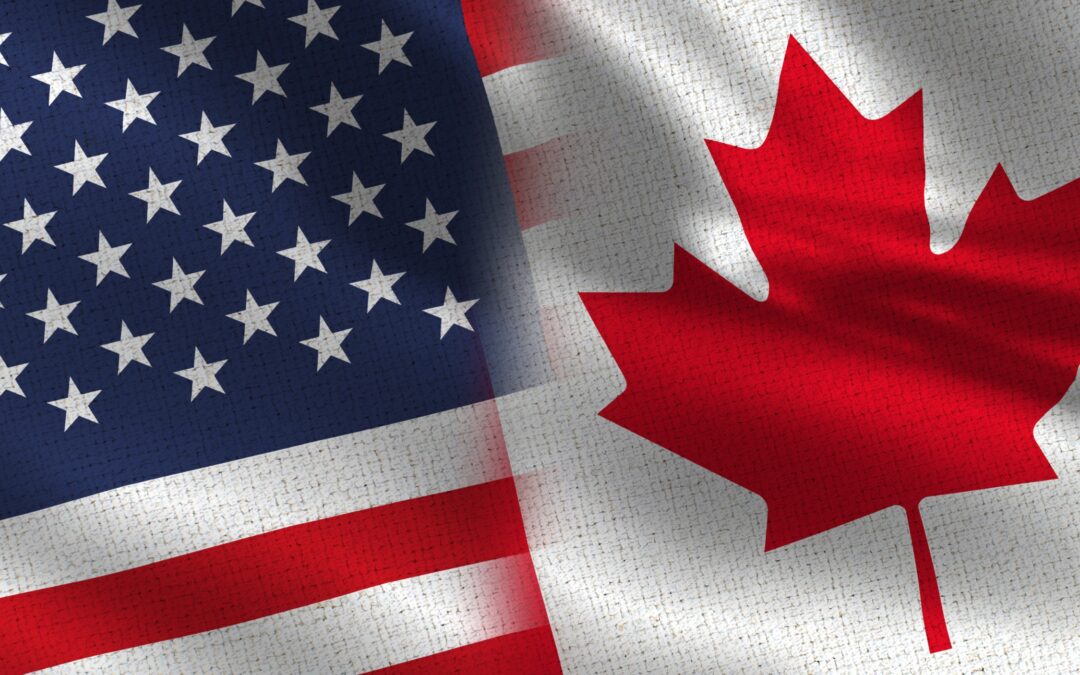On March 24, 2020, DHS published a notice of the Secretary’s decision to temporarily limit the travel of individuals from Canada into the United States at land ports of entry along the United States-Canada border to “Essential travel”. These updated restrictions below go into effect at 12 a.m. Eastern Standard Time (EST) on December 22, 2020, and will remain in effect until 11:59 p.m. EST on January 21, 2020, as they continue to temporarily limit the travel of individuals from Canada and the U.S.
Given the outbreak and continued transmission and spread of COVID-19 within the United States and globally, the Secretary has determined that the risk of continued transmission and spread of the virus associated with COVID-19 between the United States and Canada poses an ongoing specific threat to human life or national interests.
Both U.S. and Canadian officials jointly determined that non-essential travel between the United States and Canada poses an additional risk of transmission and spread of the virus associated with COVID-19 and places the populace of both nations at increased risk of contracting the virus associated with COVID-19. The officials also determined that such travel poses an increased risk of exposure to the virus associated with COVID-19. It has been determined that land ports of entry along the U.S.-Canada border will continue to suspend normal operations and will only allow processing for entry into the United States of those travelers engaged in “essential travel,” as defined below:
1. U.S. citizens and lawful permanent residents returning to the United States;
2. Individuals traveling for medical purposes (e.g., to receive medical treatment in the United States);
3. Individuals traveling to attend educational institutions;
4. Individuals traveling to work in the United States (e.g., individuals working in the farming or agriculture industry who must travel between the United States and Canada in furtherance of such work);
5. Individuals traveling for emergency response and public health purposes (e.g., government officials or emergency responders entering the United States to support federal, state, local, tribal, or territorial government efforts to respond to COVID-19 or other emergencies);
6. Individuals engaged in lawful cross-border trade (e.g., truck drivers supporting the movement of cargo between the United States and Canada);
7. Individuals engaged in official government travel or diplomatic travel;
8. Members of the U.S. Armed Forces, and the spouses and children of members of the U.S. Armed Forces, returning to the United States; and
9. Individuals engaged in military-related travel or operations.
Given the definition of “essential travel” the change in land ports of entry operations should not interrupt legitimate trade between the two nations or disrupt critical supply chains that ensure food, fuel, medicine, and other critical materials reach individuals on both sides of the border.
For recent immigration law news and updates, stay tuned to Emandi Law Firm. Feel free to reach out with questions at [email protected] or visit www.emandilaw.com

